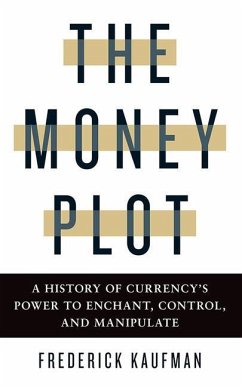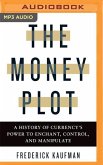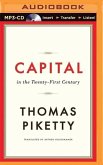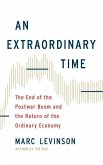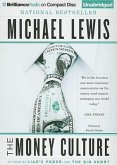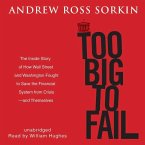Half fable, half manifesto, this brilliant new take on the ancient concept of cash lays bare its unparalleled capacity to empower and enthrall us. Frederick Kaufman tackles the complex history of money, beginning with the earliest myths and wrapping up with Wall Street's byzantine present-day doings. Along the way, he exposes a set of allegorical plots, stock characters, and stereotypical metaphors that have long been linked with money and commercial culture, from Melanesian trading rituals to the dogma of Medieval churchmen faced with global commerce, the rationales of Mercantilism and colonial expansion, and the U.S. dollar's 1971 unpinning from gold. The Money Plot offers a tool to see through the haze of modern banking and finance, demonstrating that the standard reasons given for economic inequality--the Neoliberal gospel of market forces--are, like dollars, euros, and yuan, contingent upon structures people have designed. It shines a light on the one percent's efforts to contain a money culture that benefits them within boundaries they themselves are increasingly setting. And Kaufman warns that if we cannot recognize what is going on, we run the risk of becoming pawns and shells ourselves, of becoming other people's money.
